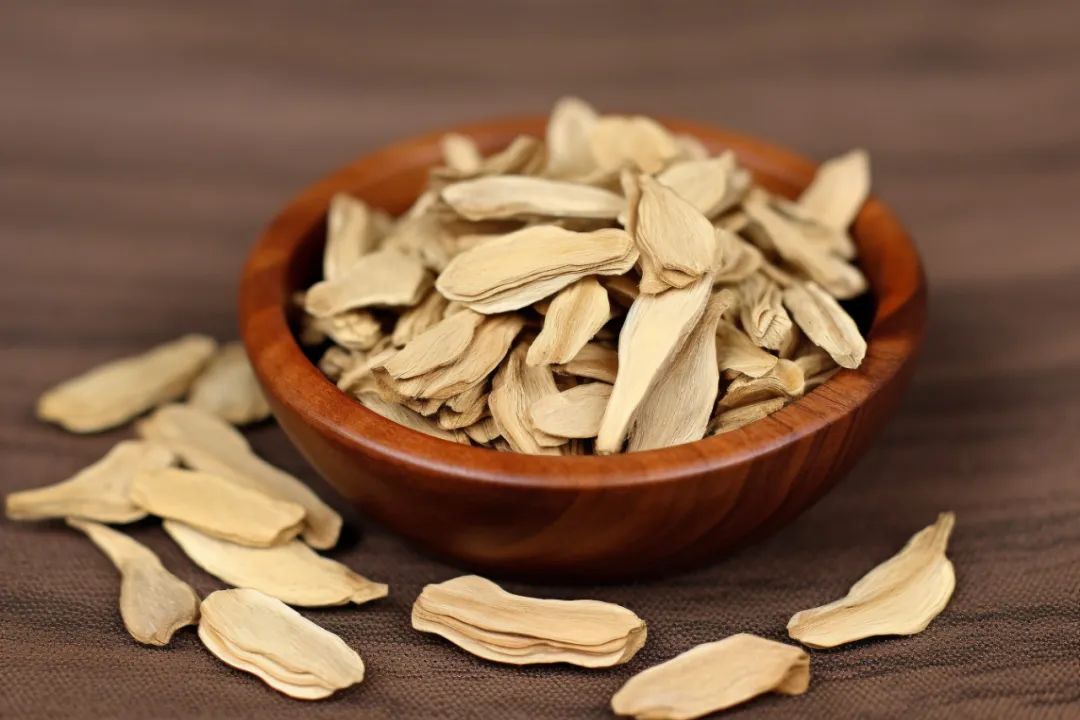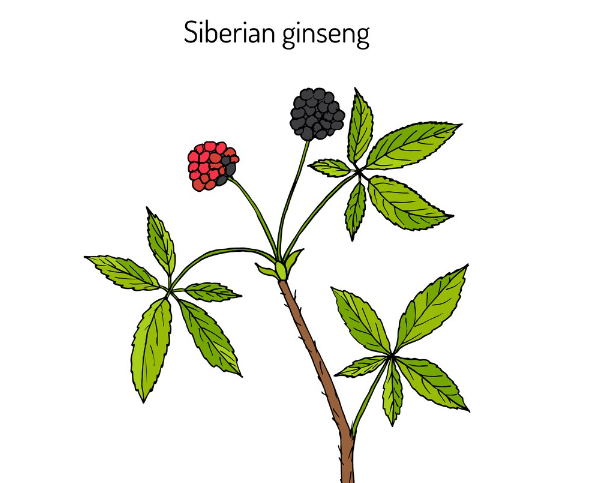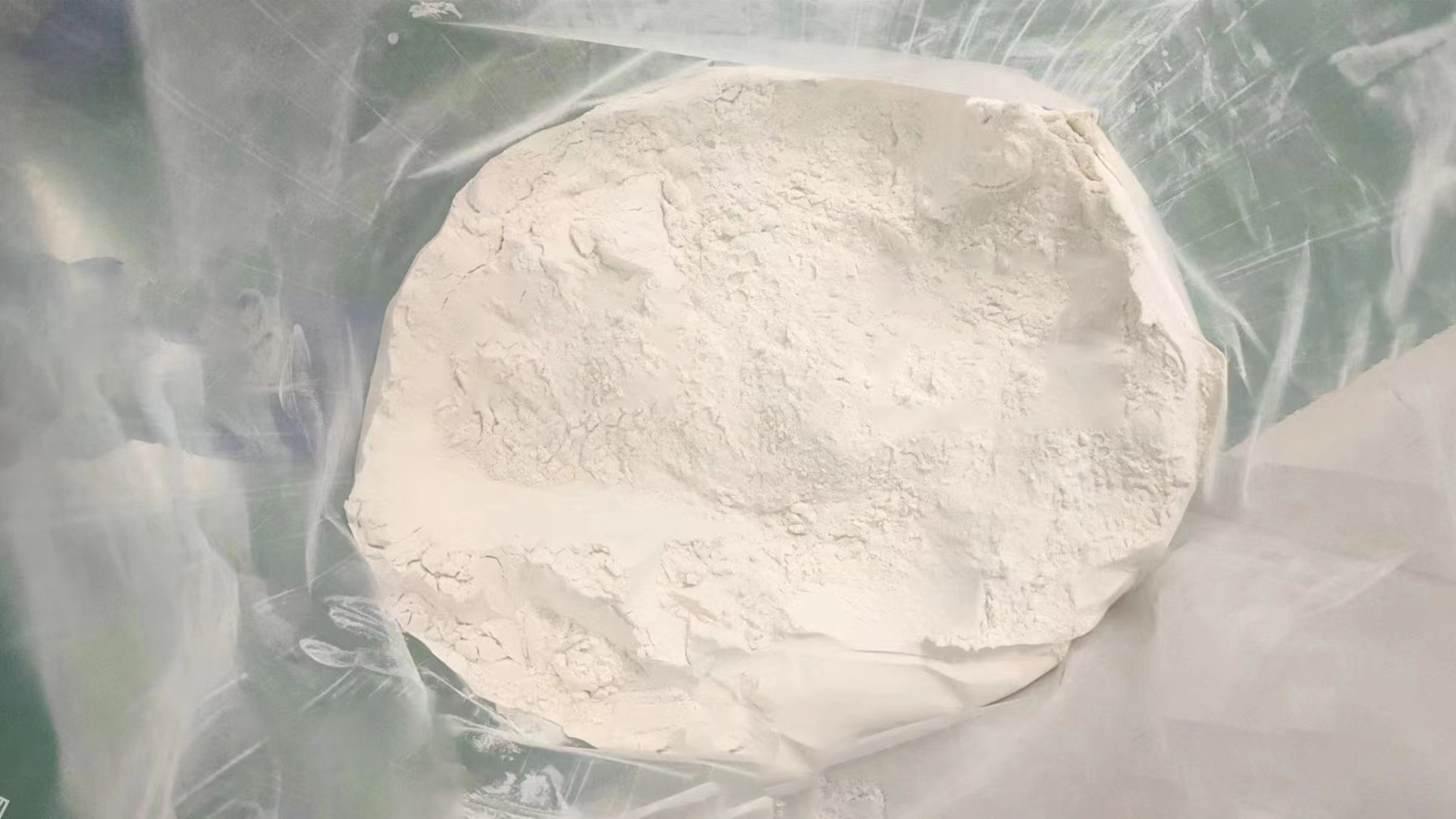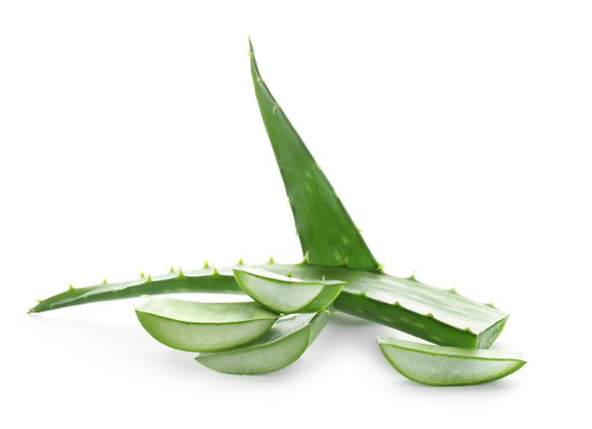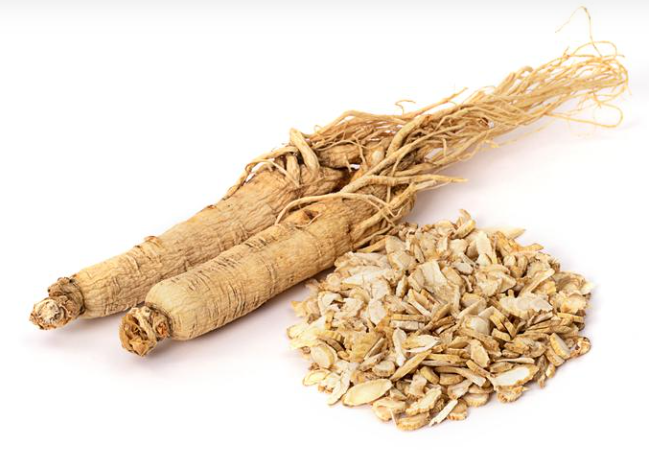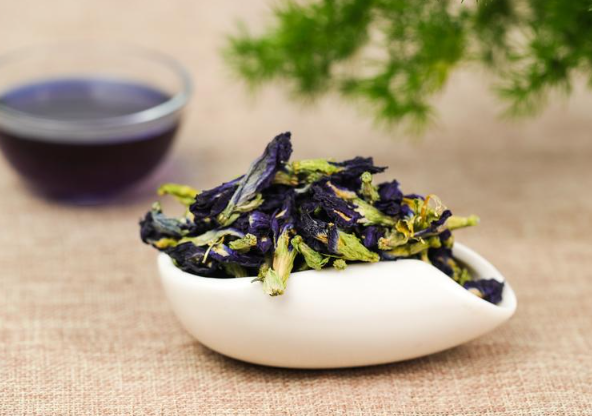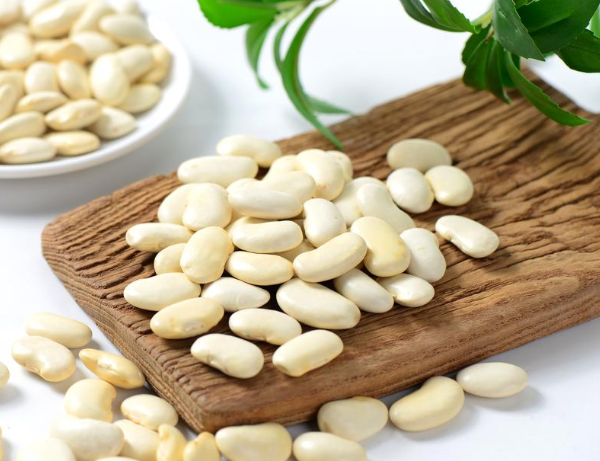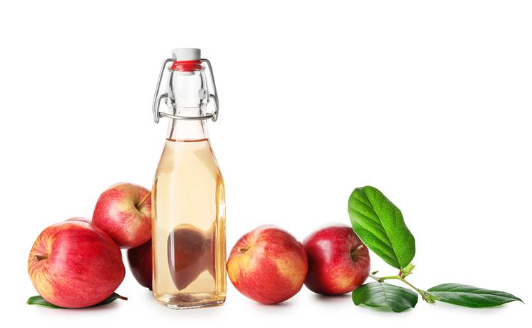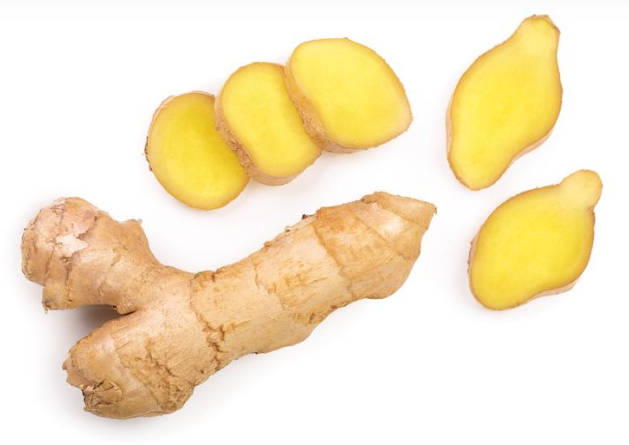lycopene supplements, a kind of natural carotenoids, which has the strongest ability of quenching singlet oxygen and scavenging free radical. It plays an important role in the pharmaceutical, food and cosmetics.
lycopene tomato is a kind of hydroxyl carotenoid, the formula is C40H56, has a unique long chain molecular structure, containing 11 conjugated double bonds and two unconjugated double bonds, the number of conjugated double bonds is more than other types of carotene. The quenching efficiency of lycopene is closely related to the number of conjugated double bonds in the molecule. Due to this specific molecular structure, lycopene has a strong ability to scour free radicals. Lycopene is the strongest antioxidant found in nature at present, and its quenching ability of singlet oxygen and free radical scavenging ability is also the strongest. The quenching ability of lycopene singlet oxygen is B. Beta carotene is more than 2 times, more than 100 times of vitamin E, can effectively protect the skin from ultraviolet (UVA, UVB) damage, as a potential photoprotective agent, used to prevent skin photoaging, prevent skin cancer. Its super ability to remove free radicals, can prevent skin cells from free radical damage, reduce the generation of wrinkles and freckles. As an antioxidant, it can enhance the antioxidant capacity of the body and has the function of delaying aging. These strong antioxidant properties and strong ability of quenching singlet oxygen and eliminating free radicals make lycopene used as a new cosmetic material in various cosmetics such as sunscreen and skin care products.
1. Resist skin light damage caused by ultraviolet UV
UV irradiation can induce the production of reactive oxygen species (ROS) in the skin, which can damage the skin through direct or indirect action. Antioxidants can directly eliminate ROS or inhibit ROS production, or they can achieve their antioxidant effects by up-regulating the antioxidant defense system. Some scholars believe that the local application or in vitro supplementation of antioxidants may help prevent and treat erythema and edema caused by skin photosensitivity, which will be a positive and effective strategy to prevent the occurrence and development of photoaging.
As a strong oxidant, lycopene can scavenge oxygen free radicals in two physical and chemical ways: The physical way is to transfer the activation energy from singlet oxygen to lycopene to generate ground state oxygen and activated triplet state lycopene. The excess energy is dissipated in the form of heat, and then the ground state lycopene is produced and added to the next cycle. This is the main way for lycopene to quench singlet oxygen directly. The chemical way is that lycopene can react directly with reactive oxygen fragments such as hydrogen peroxide and nitrogen dioxide to remove oxygen free radicals. Gross et al. showed that the content of lycopene in the sunlit skin was 31% ~ 46% lower than that in the adjacent sunlit skin, suggesting that lycopene has an antagonistic effect on UV, and increasing the content of lycopene in the skin can prevent or alleviate the damage of UV on the skin. Zsuzsunna's study showed that lycopene has a protective effect on skin light damage caused by UV, and can reduce the body's inflammatory response, maintain normal cell proliferation, and reduce DNA damage. Stahld research through the supplement of lycopene may have the effect of anti-UV, avoid UV irradiation to produce erythematous.
2. lycopene antioxidant and as a coloring agent for cosmetics
Lycopene is a polyene-capable, fat-soluble pigment with 11 double bonds. It is used as a color additive in many food formulations and has a vivid red color and strong antioxidant properties. In cosmetics, it can not only play the role of preserving color, flavor and quality, but also can be used as coloring agent, applied in lipstick, lipstick and so on.
Ref.: 1, Chen Wei, DING Xiaolin. Chemical and biological properties of lycopene. Grains and Oils, 2002:47-49.
2, Wu Cui-shuan, AI Xiuli, QIU Tong, et al. Research progress of lycopene and its health function [J]. In the Chinese Journal of New Medicine, 2008,16 (22) : 1849.1853.





